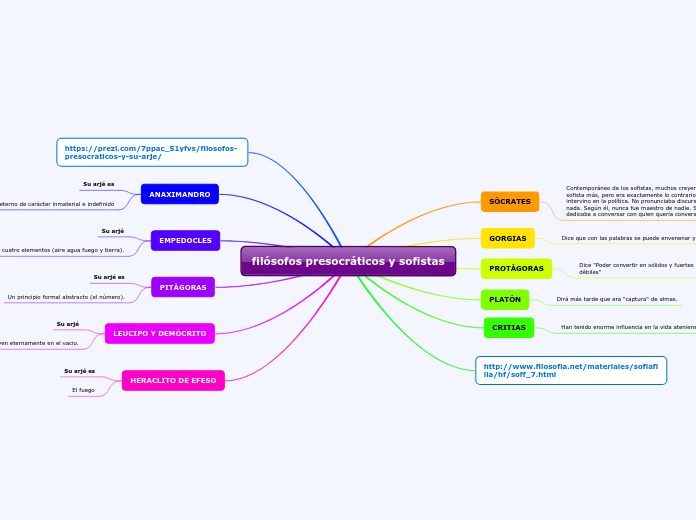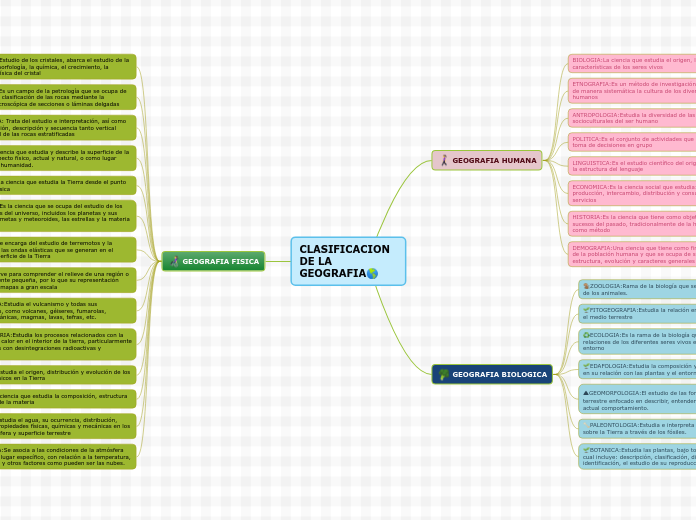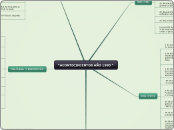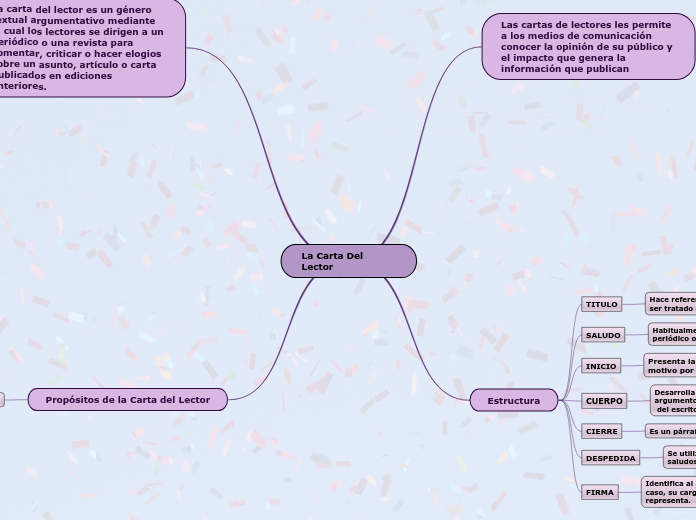filósofos presocráticos y sofistas
A noun is a word that functions as the name of some specific thing or set of things, such as living creatures, objects, places, actions, qualities, states of existence, or ideas.
HERACLITO DE EFESO
Compound nouns are words where two nouns have been stuck together to make a new noun. Compound nouns should be written as one word, without a hyphen.
El fuego
LEUCIPO Y DEMÒCRITO
Generic nouns are nouns that are part of a generic statement. Generic nouns can be singular or plural. The opposite of generic nouns is collective nouns.
The difference between definite/indefinite and generic nouns is that in the sentence there must be a blanket statement or question.
Son los àtomos, se mueven eternamente en el vacio.
PITÀGORAS
Proper nouns are the names of specific people or places. They should always begin with a capital letter.
Un principio formal abstracto (el número).
EMPEDOCLES
A concrete noun is a noun that can be identified through one of the five senses (taste, touch, sight, hearing, smell).
Lo constituyen los cuatro elementos (aire agua fuego y tierra).
Su arjé
ANAXIMANDRO
Possessive nouns are nouns which possess something, normally another noun.
Un principio eterno de caràcter inmaterial e indefinido
Su arjé es
http://www.filosofia.net/materiales/sofiafilia/hf/soff_7.html
CRITIAS
Countable nouns are nouns that can be counted, even if the number might be extraordinarily high.
Uncountable nouns are nouns that come in a state or quantity which is impossible to count; liquids are uncountable, as are things which act
like liquids.
Han tenido enorme influencia en la vida ateniense.
PLATÒN
Common nouns are words for people, places or things that aren’t specific (as opposed to a proper noun which refers to only one person, place or thing).
Common nouns can be countable or uncountable, singular or plural.
Dirá más tarde que era "captura" de almas.
PROTÀGORAS
A noun which refers to a group of things/people.
Dice "Poder convertir en sólidos y fuertes los argumentos más débiles"
GORGIAS
A noun which cannot be identified by using one of the five senses (taste, touch, sight, hearing, smell).
Dice que con las palabras se puede envenenar y embelesar.
SÒCRATES
Irregular nouns are nouns which don’t follow a spelling pattern when pluralized.
Contemporáneo de los sofistas, muchos creyeron que era un sofista más, pero era exactamente lo contrario. Nunca intervino en la política. No pronunciaba discursos. No escribió nada. Según él, nunca fue maestro de nadie. Simplemente se dedicaba a conversar con quien quería conversar con él
https://prezi.com/7ppac_51yfvs/filosofos-presocraticos-y-su-arje/









